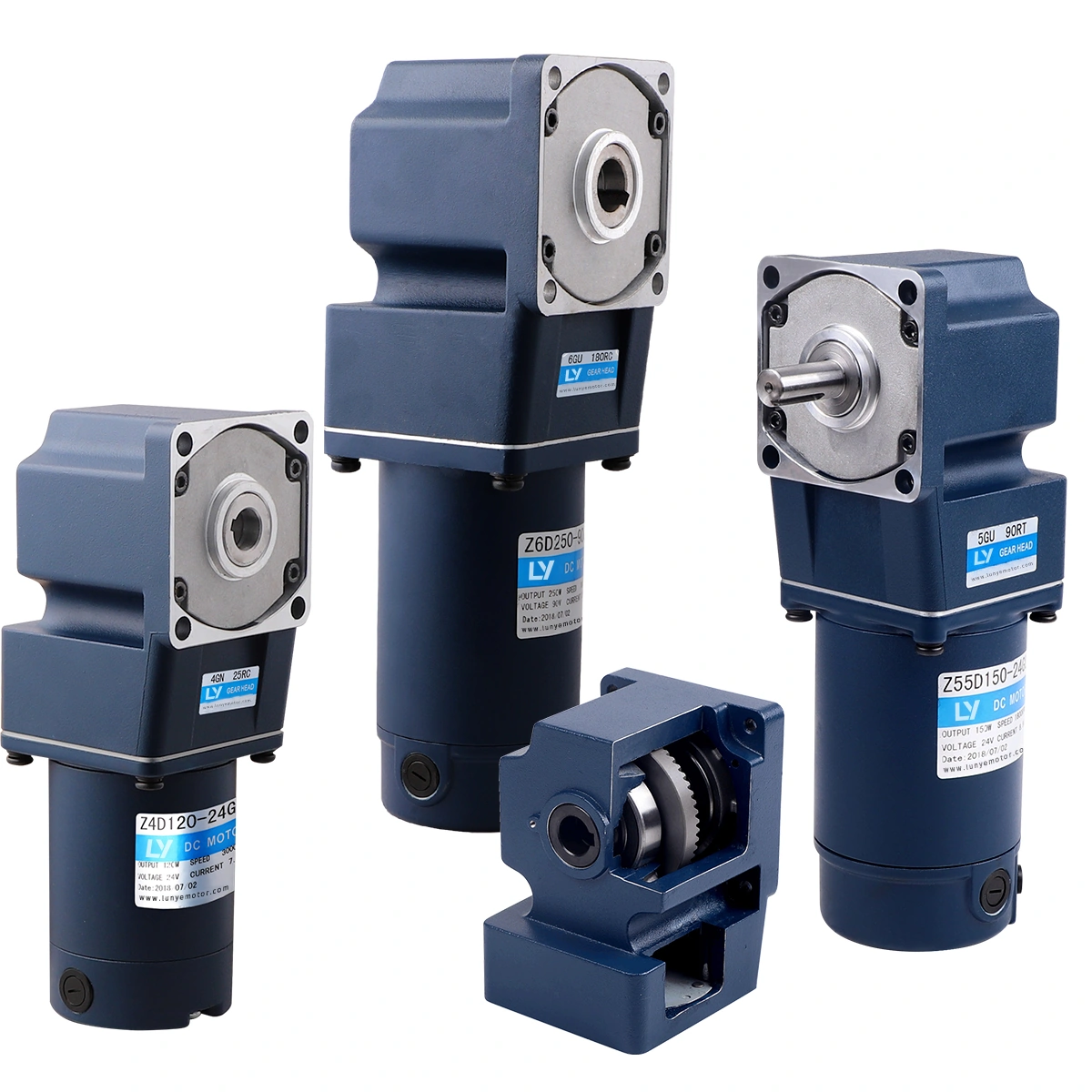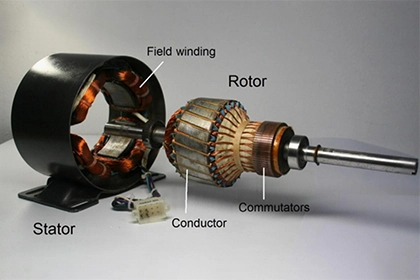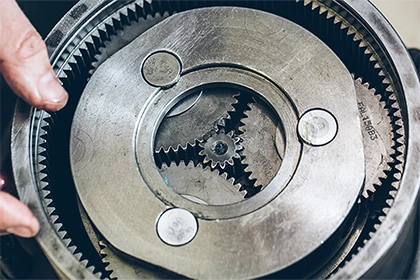
Which motor is most suitable for a steel mill?
For steel mill applications, AC induction motors or high-powered DC motors are typically preferred due to their robustness and ability to deliver the required torque for heavy-duty operations.
In the motor industry, the selection of the best motor depends on a number of factors, including energy efficiency, torque requirements, load characteristics, and the specific application. For energy-intensive industries such as steel mills, where high torque is required to drive heavy loads, choosing the most appropriate motor is critical. This article will explore the ideal motor for steel mills, focusing on AC induction, synchronous, and DC motors.
AC Induction Motor
AC induction motors are widely used in steel mills for their ease of operation and reliability. It provides high starting torque, which is essential for driving heavy loads in steel mills.
Synchronous motor
Synchronous motors are another common type of motor used in steel mills. They run at a constant speed regardless of load, which is useful for systems that require precise speed control. At the same time, synchronous motors are efficient under high loads, a feature that makes them well suited to energy-intensive steel mills. However, they are more complex to start and control than induction motors.
DC motor
Previously, DC Motor were the motors of choice for steel mills. They provide excellent speed and torque control, which is critical for applications such as rolling mills and winders. However, DC motors were expensive to maintain due to the presence of commutators and brushes. As motor technology advanced, DC motors were gradually replaced.
Conclusion
Taking into account factors such as energy efficiency, torque requirements, load characteristics, and control complexity, AC induction motors emerged as the most suitable motors for steel mills. Synchronous motors are suitable for applications requiring precise speed control, while DC motors, although mostly replaced by AC motors with variable frequency drives, can still be found in some older installations. However, the exact motor choice will depend on the specific requirements of the steel mill operation. Factors such as initial investment, operating costs, maintenance requirements, and the availability of motor operators and maintenance technicians should also be considered when selecting the most appropriate motor for a steel mill.



Leave a Comment